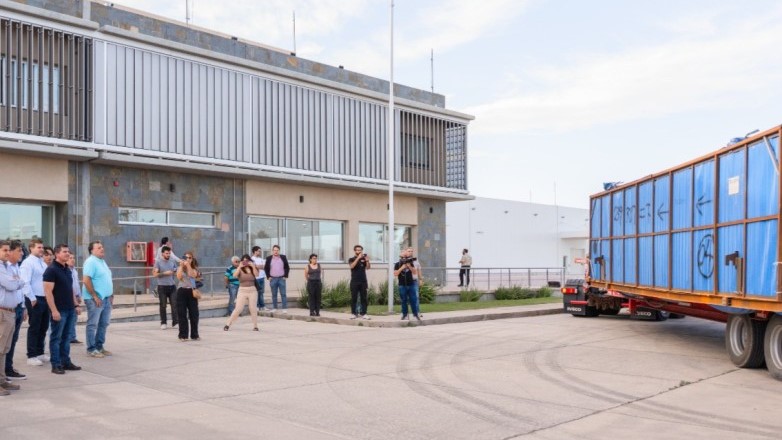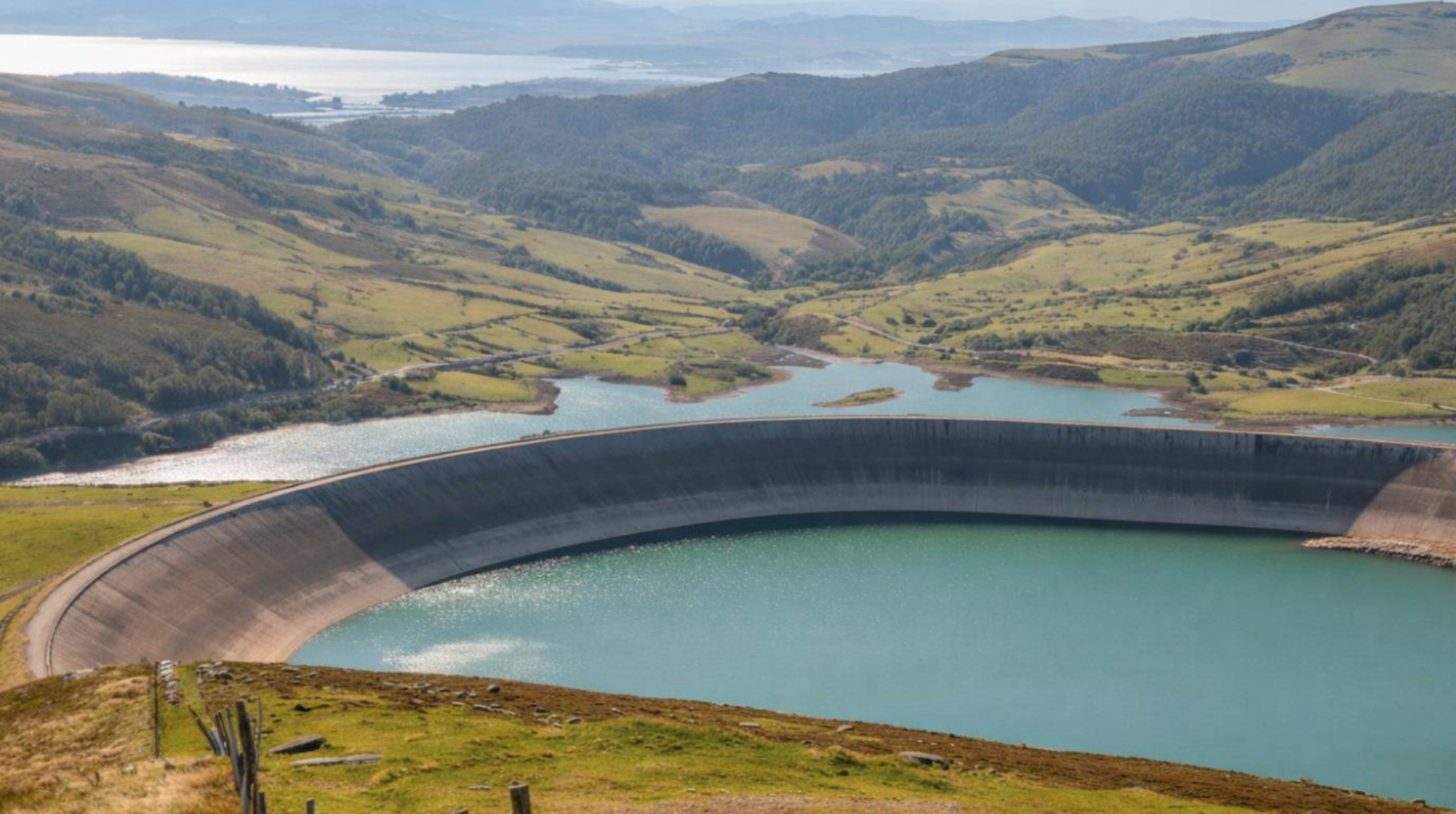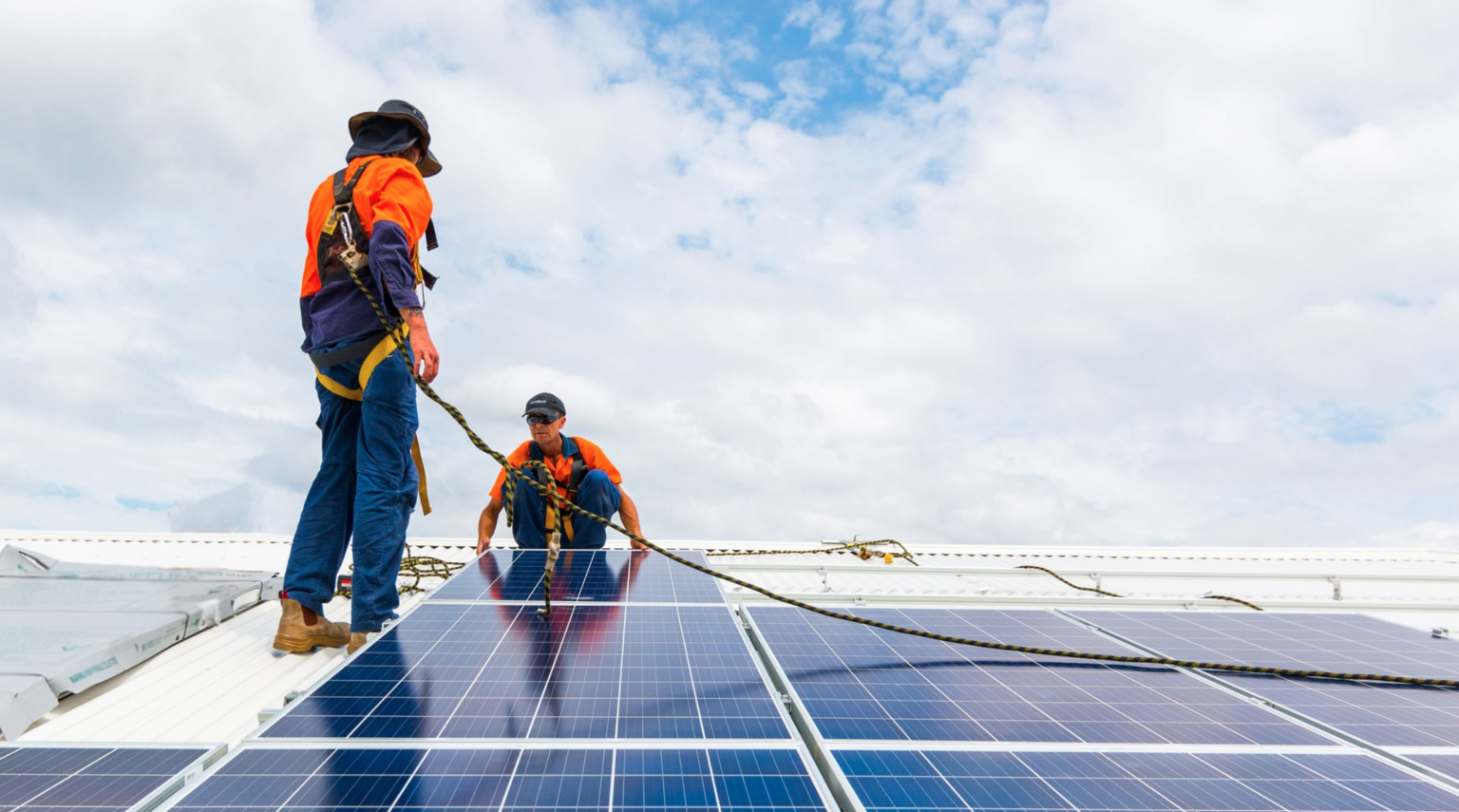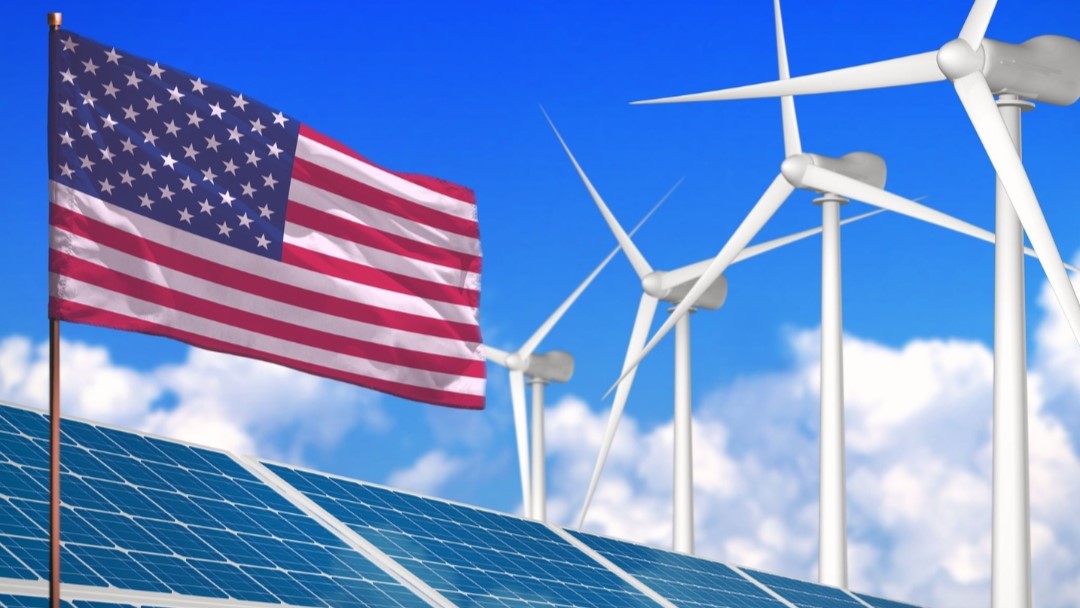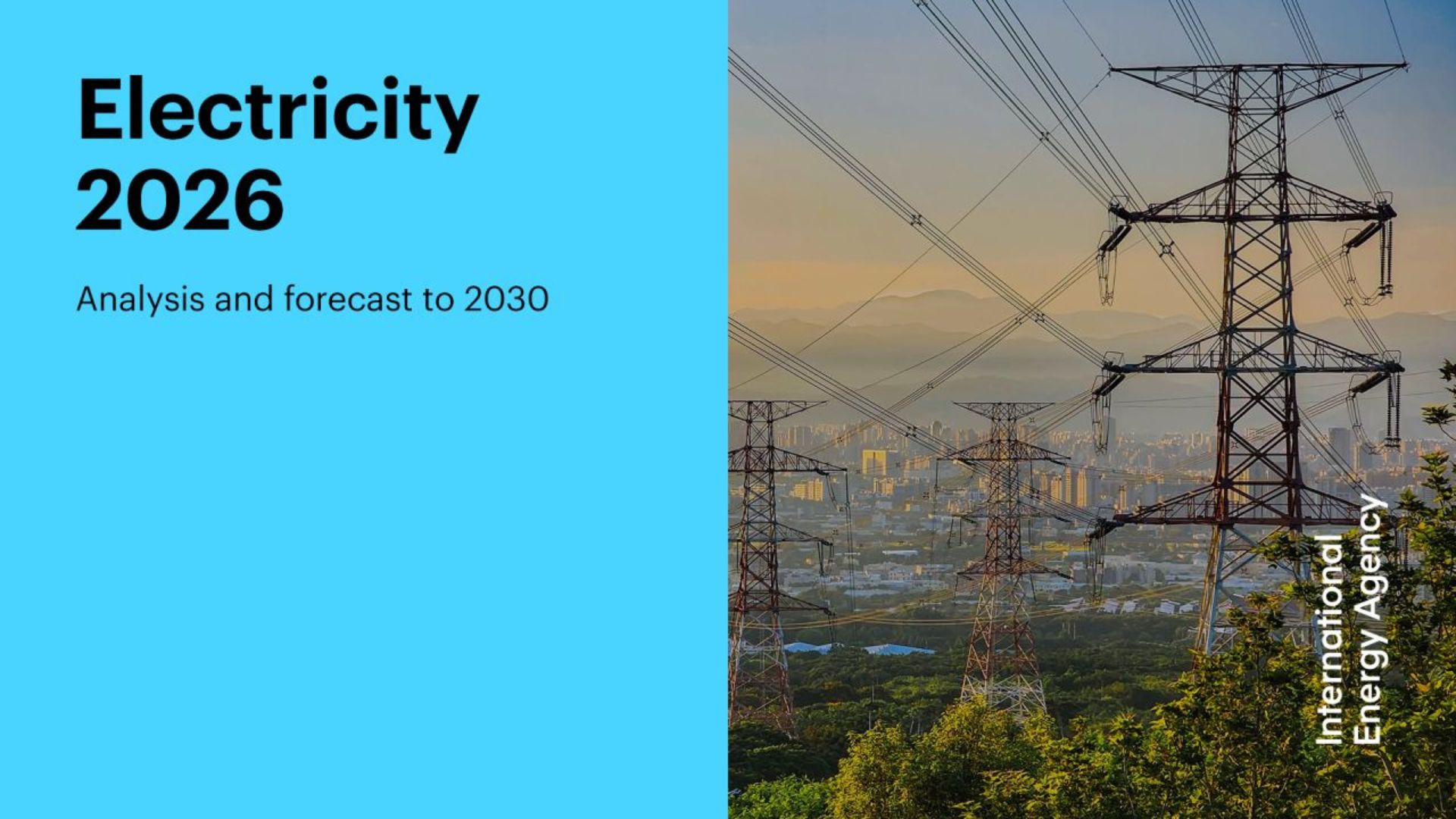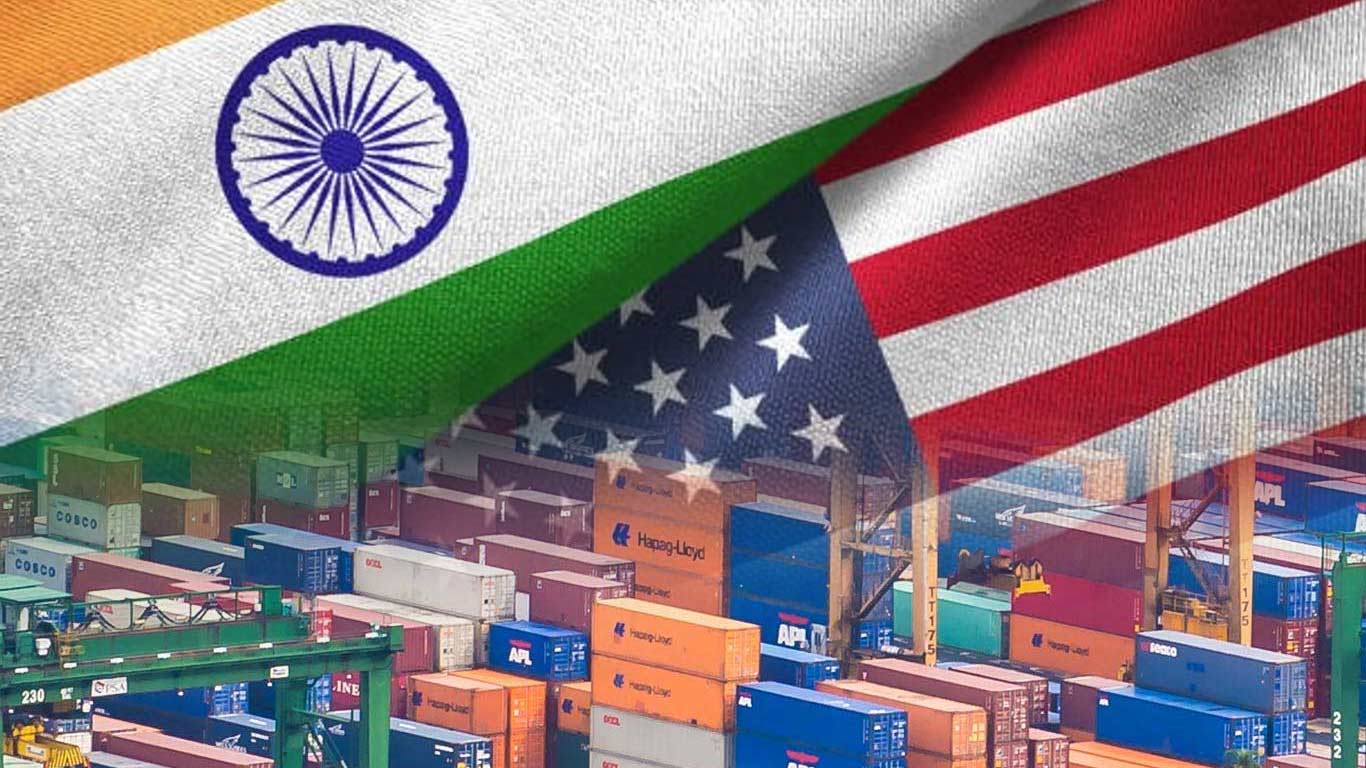State-owned EPSE is moving ahead with its plan to establish a vertically integrated solar cell and module manufacturing facility in Argentina’s Pocito department, San Juan province.
The arrival of an industrial laminator marks a major milestone for the long-delayed project. The equipment is essential for the production line at the state-owned company’s factory, which will manufacture modules using locally sourced quartz.
The facility will integrate silicon ingot, wafer, and crystalline cell production to supply solar panels with an initial capacity of around 800,000 units per year, equivalent to about 400 MW of output. Its design allows for expansion to 1 GW annually.
“Starting Nov. 19, the team that will start it up and assemble it will arrive,” said EPSE President Luca Estrada. “What we will do is unload it, lower it to the floor, and bring it into the factory. After Nov. 19, we have approximately 45 days to finish assembling it, and then the machine testing begins, which will take another 45 days.”
The 100-ton laminator was delivered to EPSE’s facilities in Pocito following a complex logistical operation that required seven trucks. The equipment, purchased in China, comprises four modules – two for each laminator, upper and lower – each weighing roughly 25 tons.
According to an official statement, the shipment included six containers wider than standard road lanes, each requiring an escort vehicle, and one standard container. The cargo reached Argentina via Chile after more than a week in transit.
EPSE’s module factory has been in development for several years. In 2021, the provincial and national governments signed agreements to move forward with construction, following earlier efforts in 2018 and 2022 that did not result in sustained operations.


